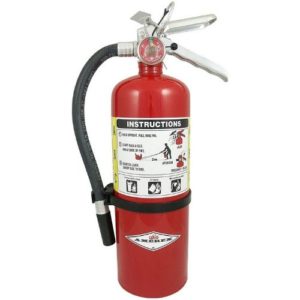Earthquakes can take you by surprise. One minute you’re eating dinner, taking a shower, or driving to work, and the next, the ground starts shaking. Earthquakes are caused by shifting plates of the earth’s crust. The seismic scale ranges from 2.5 (usually not felt) to 8 and above (can level cities).
Today, 48 states are at risk for major earthquakes, threatening nearly half of Americans. Hotspots are located along the West Coast and parts of the Mississippi Valley. If you or a loved one lives in one of these areas, it’s smart to make a game plan for if “the big one” hits.










